November 10, 2023
– By Braden Hopkins –
Alabama has a long history of pioneering veterans’ health care. This year, Tuskegee Veterans Administration Medical Center is celebrating its 100th anniversary. Founded in 1923 at a historically Black university, the hospital stands out in history. After World War I, Black veterans demanded an accessible hospital in Alabama. The Tuskegee VA became the first hospital in the country to be led by an all-Black team. Now, the hospital serves Alabama veterans with general and specialty care.
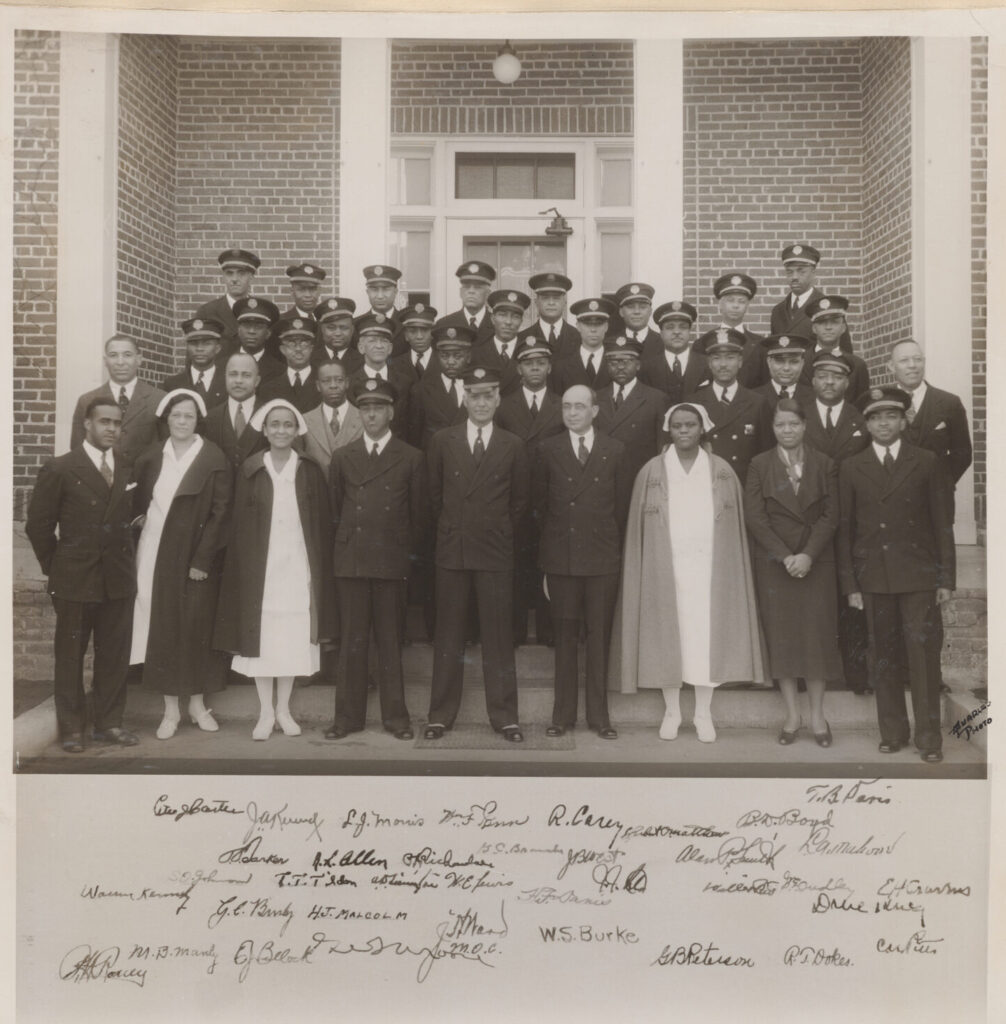
Health care is a critical need for the 368,214 veterans in Alabama. Yet, veterans often have many unmet health care needs. The Veterans Health Administration explains social factors influence 82% of veterans. For example, many veterans are lonely or less likely to keep a job. These barriers often impact veterans access to health care services.
This Veterans Day, the Equitable Neighborhoods Initiative wants to honor our own veterans and those across Alabama. To spotlight healthcare issues faced by Alabama veterans, we heard from three ENI Community Liaisons who are also veterans: Keith Rhudy, Leroy Davis, and David Perez.
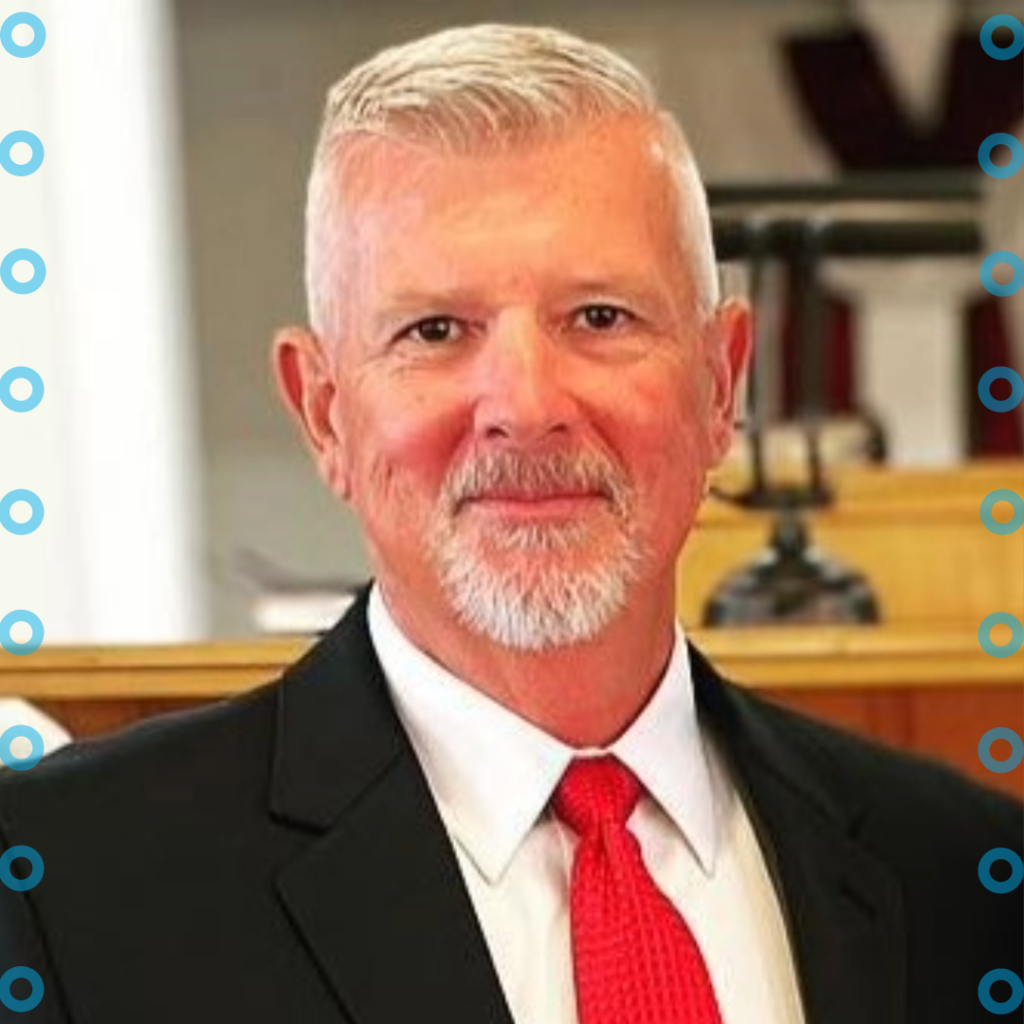
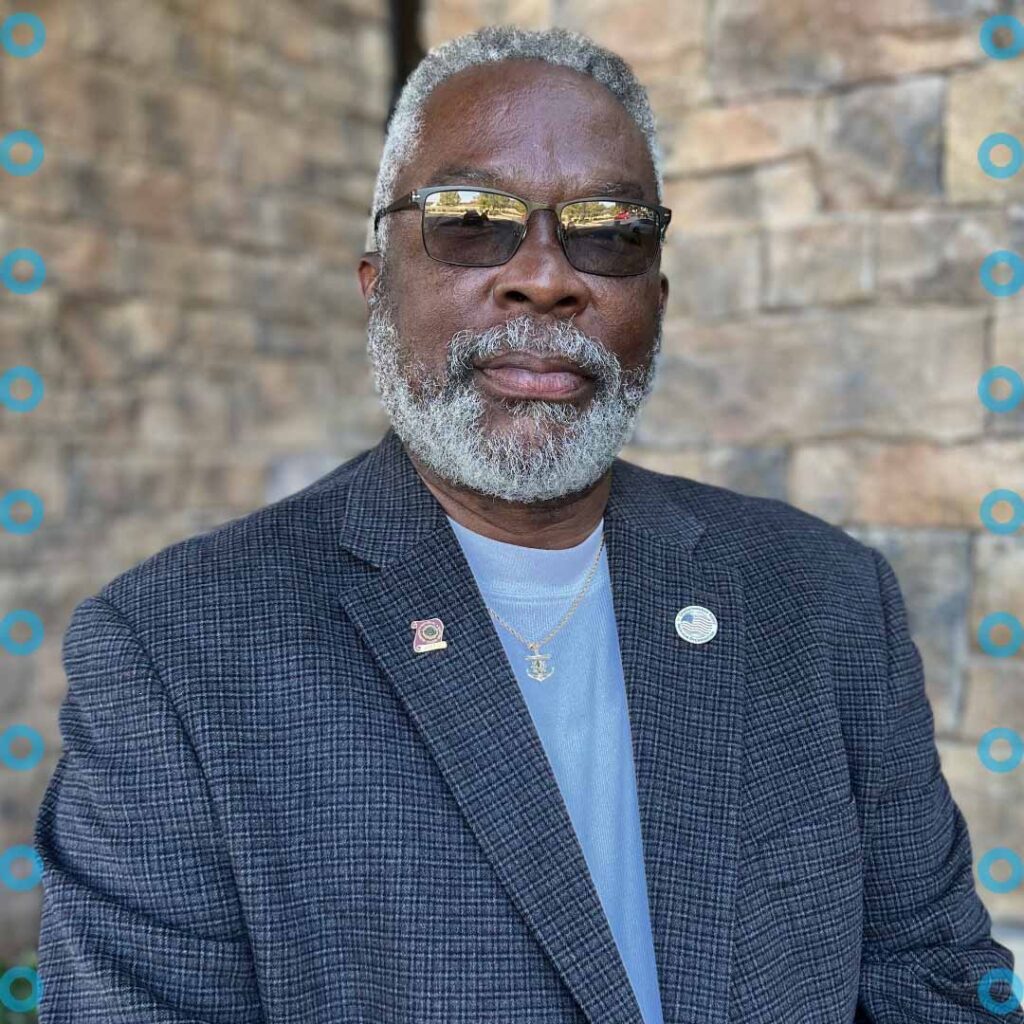
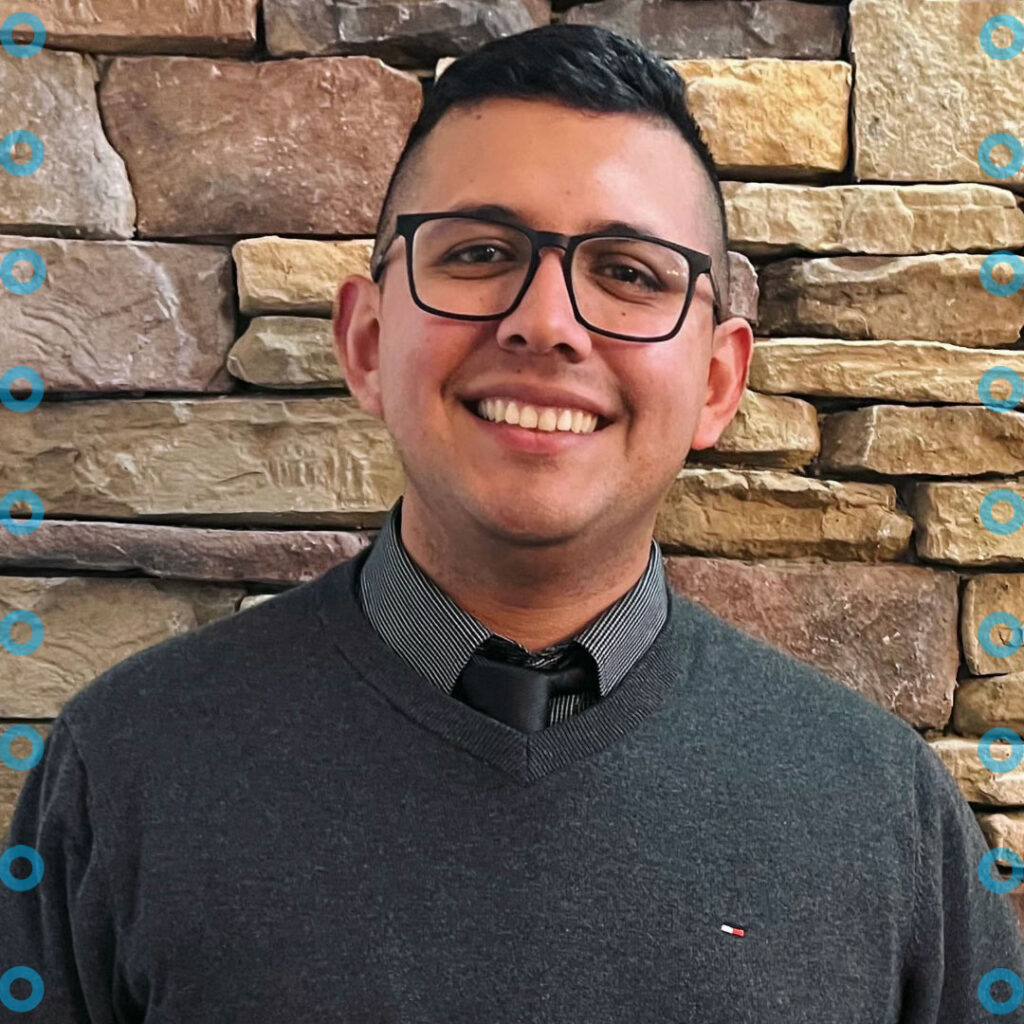
Many Alabama veterans experience similar health care barriers and challenges. ENI Community Liaisons are providing support, education, and resources to the veterans.
Transportation Barriers
Not every veteran in Alabama lives in a county that has a hospital. If their county does have a hospital, it could be in one of the 22 counties with no Intensive Care Units. ENI Community Liaisons agreed they often drive an hour for doctors’ appointments. If veterans rely on services from Veterans Affairs, hospitals are far apart, often with long wait times. In Alabama, there are 48 counties that lack a VA hospital, medical center, or clinic. For an elderly or disabled veteran in Alabama, check-ups can become complicated.
A recent study by GoodRX found Alabama is among the top 5 states of residents who live in a hospital desert. A hospital desert is defined as an area where most people must drive more than 30 minutes to reach the closest hospital. A 30-minute drive discourages people to seek care, especially for mental and emotional health issues.
Adjusting Back to Civilian Life
Day-to-day life as an active member of the military looks very different from that of a civilian. David Perez shares that when he was in the reserves, he went back and forth between college and military life. Transitioning is difficult, and not something you often train for.
Military service comes with strict rules and discipline. Veterans and active military share the common desire to serve their country. When he transitioned back to civilian life, Leroy Davis did not find the same desire among civilian coworkers. No longer living on a military base, Davis wasn’t able to commingle with other veterans daily. These major transitions lead veterans to feel isolated.
During active duty, veterans are training, learning, and working. Perez points out “the goal is to always become stronger, better, or more efficient.” Military service members focus on day-to-day combat or training. While in active duty, the military provides doctors. When they adjust to civilian life, veterans must learn how to get their own doctor. This often means navigating the paperwork and process of receiving federal services. Managing health care alone can intimidate adjusting veterans. Davis stresses that veterans need guidance after active duty on the services available.
Mental Health
What is post-traumatic stress disorder?
“People with posttraumatic stress disorder, or PTSD, have intense, disturbing thoughts and feelings related to their experience that last long after the traumatic event has ended. They may relive the event through flashbacks or nightmares; they may feel sadness, fear or anger; and they may feel detached or estranged from other people” (American Psychiatric Association).
Perez says he heard the phrase “pain is weakness leaving the body” often in the Reserve. With these ideas, Perez internalized the mental struggles that come with combat training. Entering civilian life, many veterans experience mental health symptoms that need medical attention.
The key to encouraging mental health treatment is framing. Veterans must feel empowered and believe in therapy as a skill-building process.
Community Liaison David Perez
The National Alliance on Mental Illness explains: events during military combat have long-lasting effects. Posttraumatic stress disorder, depression, and traumatic brain injury are major mental health concerns for veterans. According to the American Psychiatric Association, people with posttraumatic stress disorder, or PTSD, “have intense, disturbing thoughts and feelings related to their experience that last long after the traumatic event has ended. They may relive the event through flashbacks or nightmares; they may feel sadness, fear or anger; and they may feel detached or estranged from other people.” Veterans are fifteen times more likely to have PTSD and five times more likely to have depression.
Mental health issues still face great stigma among veterans. Keith Rudy explains some attitudes in the military encourage people to hide emotions. Describing an issue as a “disorder” can make veterans feel broken. Perez emphasized “the key to encouraging mental health treatment is framing. Veterans must feel empowered and believe in therapy as a skill-building process.”
It is all intersecting: mental health issues, homelessness, access to [substance abuse] treatment. The military and civilian crisis are interacting. As a pastor I ask myself how do we beat these things and how do we help? We need to start with one or two. Once we address one [mental health, homelessness, drug abuse] we will have to address the others. ENI is addressing and talking about these things so we do not leave people out of their healthcare.
Community Liaison, R. Keith Rhudy
Veterans have higher rates of misusing substances and homelessness. Untreated mental health conditions and social isolation often lead to these issues. Research from 2022 found that veterans overdose deaths increased 53% from 2010 to 2019. Rudy is fighting the opioid crisis in his community.
“It is all intersecting: mental health issues, homelessness, access to [substance abuse] treatment,” explained Rhudy. “The military and civilian [crises] are interacting. As a pastor I ask myself how do we beat these things and how do we help? We just need to start with one or two. Once we address one [mental health, homelessness, drug abuse] we will have to address the others. ENI is addressing and talking about these things, so we do not leave people out of their healthcare.”
Resources
COVID-19 allowed community members to organize creative ways to keep veterans safe. Now, services like virtual appointments and broadband internet help veterans receive care. Mental health services have never been more accessible. ENI Community Liaisons are doing the work to keep veterans in their communities healthy. This includes helping with rides, hosting meetings, serving on veterans’ councils, and more.
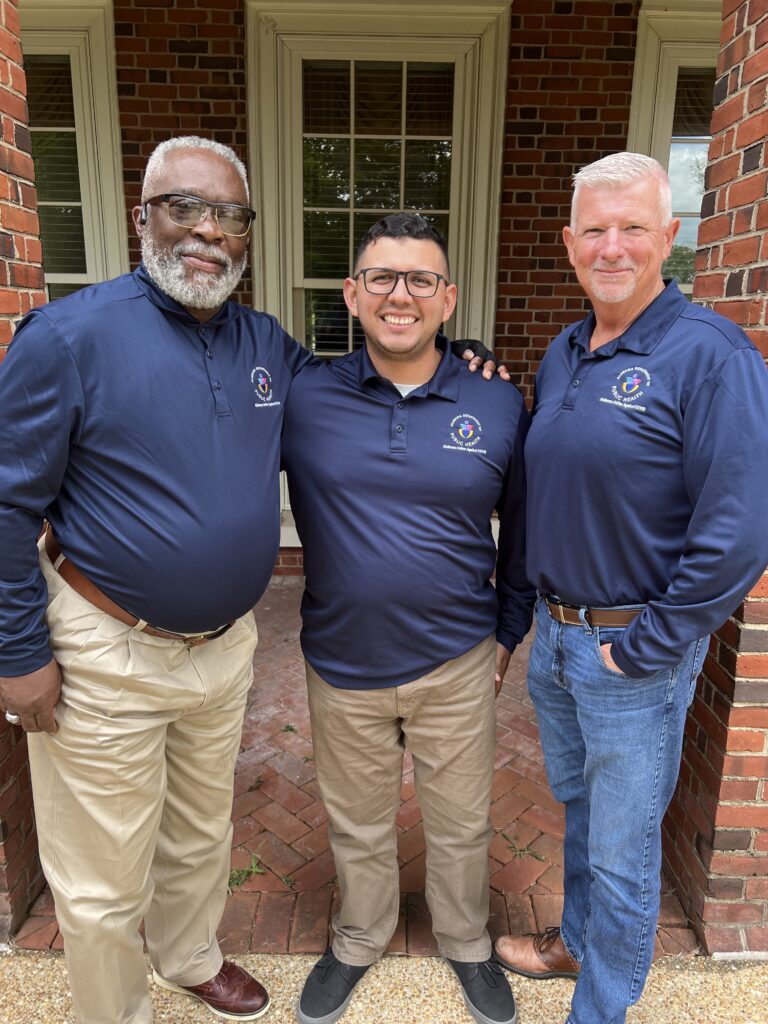
If you or someone you love is a veteran in Alabama, check out these resources.
- Get free transportation to Central Alabama VA medical centers provided by the Disabled American Veterans.
- Learn more about health programs for veterans available through the Veterans Health Administration.
- Access resources for homeless veterans through the American Legion.
- Learn more about Veterans health issues and benefits from usa.gov.
- Call the Veterans Crisis Line if you are a Veteran in a crisis or concerned about one: Dial 988 then press 1 or visit their website for more instructions.


